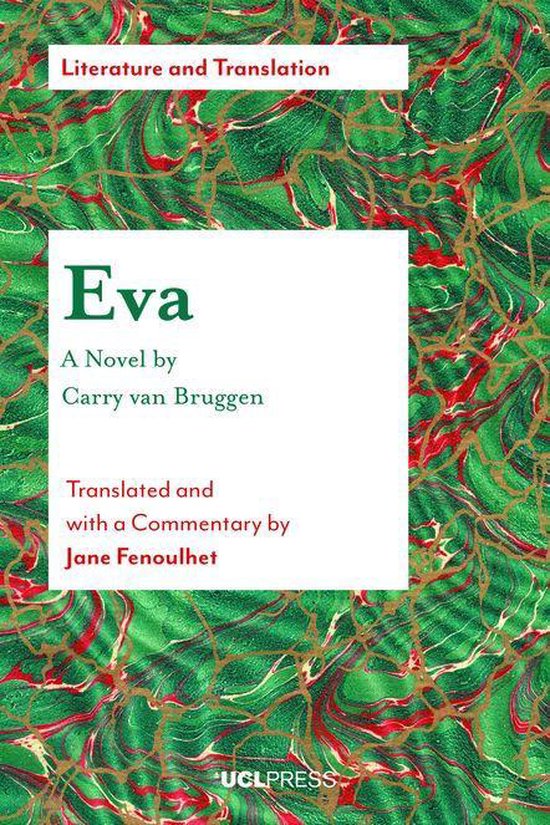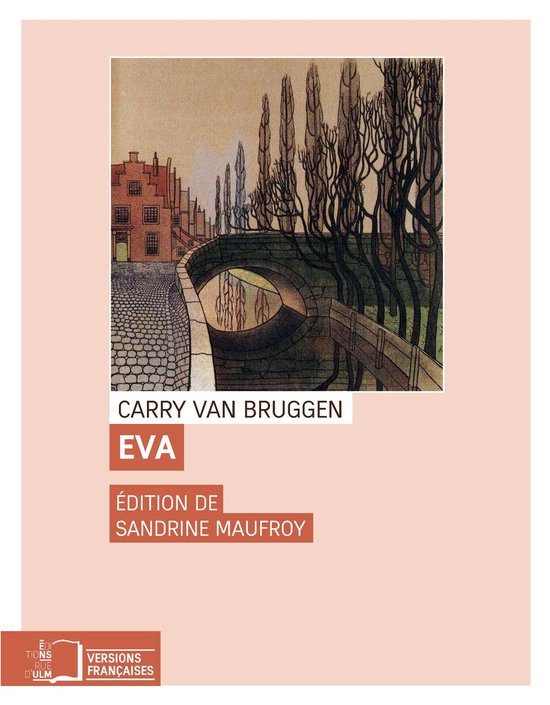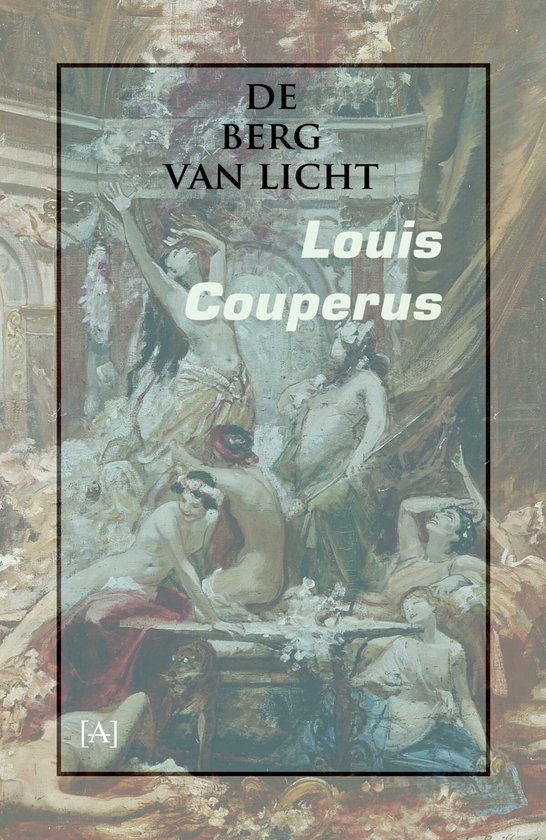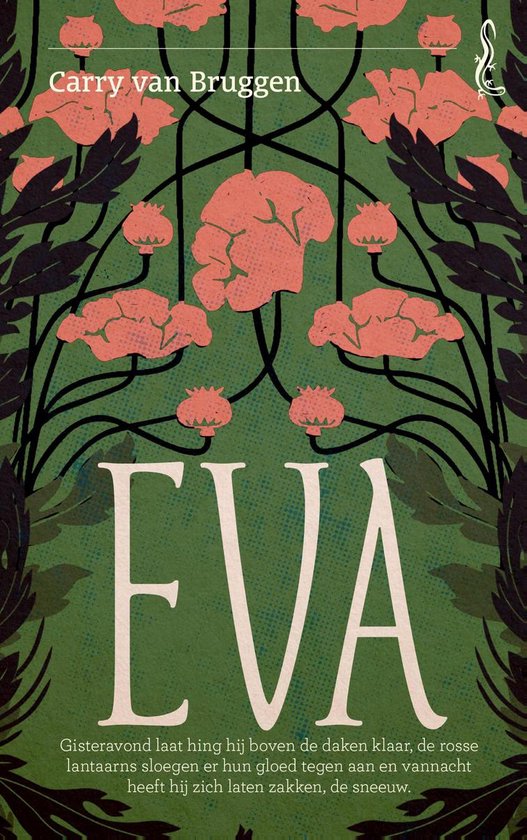
Literature and Translation - Eva - A Novel by Carry van Bruggen
Eva, a 1927 novel by Dutch writer Carry van Bruggen, is an experiment in depicting a woman’s life from girlhood to marriage, and beyond, to sexual freedom and independence. At the same time, the narrative expresses Eva’s dawning sense of self and expanding subjectivity through a stream of consciousness told by a shifting narrator. Burdened all of her life by feelings of shame, at the end of the novel Eva overcomes this legacy of her upbringing and declares that it is ‘bodily desire that makes love acceptable’.
Carry van Bruggen’s rich and varied language conveys Eva’s experience of the world. Powerful memories of an orthodox Jewish childhood pervade the novel with its fluid sense of time. As Eva puts it, ‘I let these years slip through my fingers like a stream of dry, glinting sand.’
Jane Fenoulhet makes this important modernist novel accessible to English readers for the first time. While it can be described as a becoming-woman of both Eva and her creator, so can the translation be seen as the translator’s own becoming, as Fenoulhet explains in the accompanying commentary, where she also describes the challenges of translating van Bruggen’s dynamic, intense narrative. For Fenoulhet, translation is more a matter of personal engagement with the novel than a matter of word choice and style. In this way, the emotional and intellectual life of the main character is re-enacted through translation.
Praise for Eva
'The first translation of this complex and significant modernist novel into English. It [is] accompanied by an illuminating introductory commentary by Jane Fenoulhet shedding light on the difficulties of translating this ambitious novel, relevant not just for the study of modernism, but for the position Eva has in van Bruggen’s oeuvre.'
The Year’s Work in Modern Language Studies, 81(1)
'For the first time, Jane Fenoulhet has made this important, modernist novel accessible to English-language readers, her deft translation capturing the rich expressiveness of van Bruggen’s original Dutch. In insightful accompanying commentary, Fenoulhet describes the challenges of translating van Bruggen’s dynamic, intense narrative, which necessitated deep personal engagement with the novel.'
The Low Countries
| Auteur | | Carry van Bruggen |
| Taal | | Engels |
| Type | | E-book |
| Categorie | | Literatuur & Romans |





